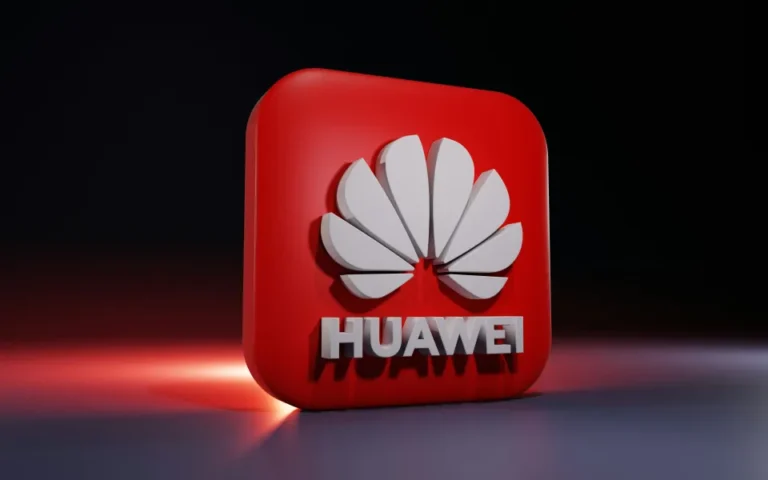The funds are being distributed through a university competition and a foundation with headquarters in Washington.
According to Bloomberg, the Chinese technology firm Huawei has been covertly sponsoring research in the United States despite being on a blacklist against research funding. A competition for scientists is being held in conjunction with the cutting-edge research that is being conducted at universities, including Harvard. The funding for this study is being provided by an independent research foundation situated in Washington.
It was discovered by Bloomberg that Huawei was the only company that provided funding for a research competition that has been granted millions of dollars since 2022 and has received hundreds of proposals from medical professionals. Some of these researchers are employed by prestigious colleges in the United States, each of which has prohibited researchers from working with the company.
Why is this such a big deal? According to Kevin Wolf, a partner at the business-focused law firm Akin who specializes in export restrictions, the concern is that this research could lead to breakthroughs that give China a leg up with regard to both defense contracts and commercial interests. This is the anxiety that has been expressed. The organization known as Optica, which is the driving force behind all of this, has announced on the internet that it is interested in a variety of research fields, including “high-sensitivity optical sensors and detectors.”
“It is a bad look for a prestigious research foundation to be anonymously accepting money from a Chinese company that raises so many national security concerns for the United States government,” said James Mulvenon, a defense contractor who has worked on research security issues and co-authored several books on industrial espionage. Mulvenon has also worked on research security issues.
Taking into consideration that research that is intended for publication does not fall under the ambit of the ban, it is important to point out that this money funneling operation does not appear to be illegal. However, Huawei conducts competitions of a similar nature in other regions of the world, and they do so publicly. People who took part in the research competition that was held in the United States were under the impression that Optica was the source of the funding. They were unaware that Huawei was participating. One million dollars is awarded annually to the winner of the competition, and Optica did not provide any indication that Huawei was providing the funding.
According to a spokesman for Huawei, who talked to Bloomberg, the competition was launched by the firm in collaboration with the Optica Foundation to encourage academic cooperation and support global research. The spokesperson also stated that the competition remained anonymous in order to avoid being perceived as a form of advertising. A statement issued by the Chief Executive Officer of Optica, Liz Rogan, stated that a significant number of foundation donors “prefer to remain anonymous” and that “there is nothing unusual about this practice.” In addition to this, she stated that the entire board was aware of Huawei’s involvement and that everyone gave their approval to the matter. Bloomberg did make a note of the fact that the competition supported by Huawei was the only one on Optica’s website that did not name individual or corporate financial backers.
For a number of years, Huawei has been subjected to a complex web of restrictions imposed by the United States. Due to the fact that the firm has been essentially blacklisted, we are unable to purchase the vast majority of Huawei products in the United States. With the signing of an executive order in 2019, President Trump prohibited the sale and use of telecommunications equipment that posed “unacceptable” hazards to the nation’s security. This was the beginning of all that could happen. During that time period, President Trump stated that “foreign adversaries” were taking advantage of security flaws that would eventually result in “potentially catastrophic effects.” Oh, you mean to say that Trump used the phrase “potentially catastrophic effects?” It’s wild.
In order to accomplish this, the company has been subjected to a number of allegations that it installs backdoors in networks with the intention of stealing data. However, there is no evidence to support these allegations, and the company vigorously denies the allegations. Additionally, Huawei has been accused of using Chinese spies in order to exert influence over an inquiry, and records appear to indicate that Huawei was involved in China’s surveillance efforts.
It was anticipated by some that President Biden would revoke the executive order issued by President Trump when it expired in 2021; nevertheless, he went in the opposite way. The order is still in effect, and Vice President Biden also signed a measure that prevented Huawei from acquiring a license from the Federal Communications Commission (FCC), and he prohibited American investments in China’s high-tech industries. As long as we do not have any plans to warm up to China in the near future, Huawei will continue to be seen as a persona non grata on this side of the water (the company is nonetheless experiencing a thriving business in Europe).

